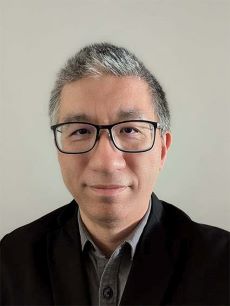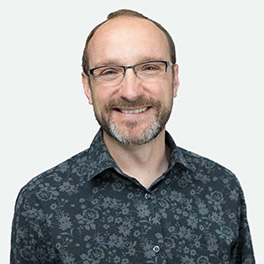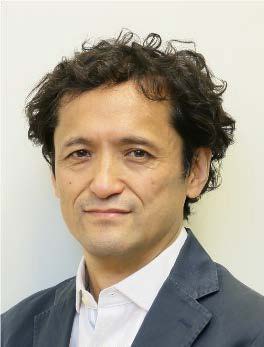U.S. - Japan Brain Research Cooperative Program Networking Session
Home | Agenda | Registration | Speakers | Recording
2024 Speakers

Dr. Weidong Cai
Clinical Associate Professor
Stanford University
Dr. Weidong Cai is a Clinical Associate Professor in the Department of Psychiatry & Behavioral Sciences at Stanford University School of Medicine. Dr. Cai earned his PhD in cognitive neuroscience and conducted functional neuroimaging research of cognitive control in Dr. Hoi-Chung Leung’s lab at State University of New York at Stony Brook. He further gained expertise during his postdoctoral training in Dr. Adam Aron’s lab at the University of California, San Diego, where he investigated the dual mechanisms of action control using transcranial magnetic stimulation (TMS) and fMRI. Currently, Dr. Cai’s research is centered on uncovering the brain mechanisms underlying cognitive deficits in two key populations: children with neurodevelopmental disorders, especially those with ADHD, and elderly individuals suffering from neurodegenerative diseases, such as Parkinson's disease. By integrating cognitive, neuroscience, and computational models with advanced functional neuroimaging techniques, Dr. Cai’s research aims at elucidating the neurocognitive factors that drive atypical brain development and pathological aging.

Chris Lunt
Chief Technology Officer
All of Us Research Program
Chris Lunt is the Chief Technology Officer for the All of Us Research Program, where he leads the building of platforms that engage participants and enable researchers. All of Us is enrolling at least 1 million diverse participants to support a research platform that accelerates precision medicine. His experience spans work in the government and commercial sectors, including founding venture-backed startups. He is a life-long learner who hosts a science book club.

Dr. Kazuhiko Seki
Director of the Department of Neurophysiology
National Center of Neurology and Psychiatry
Dr. Kazuhiko Seki is the Director of the Department of Neurophysiology at the National Center of Neurology and Psychiatry.
He is studying the mechanism for neural control of bodily movement using rodents, nonhuman primates, and human subjects. Based on an electrophysiological approach to the spinal cord, brainstem, and cerebral cortex, he actively incorporates several advanced technologies such as optogenetics, viral vectors, and machine learning. The goal is to understand the sensory-motor functions in the highly developed, and thus complex, central nervous system in the primate by elucidating brain connectivity on the cellular level.
Born and raised in Niigata, Japan. He obtained his PhD from the University of Tsukuba in 1998 and worked as a postdoctoral researcher at the University of Washington. He worked as an assistant professor at National Institute for Physiological Sciences before assuming his current position.
